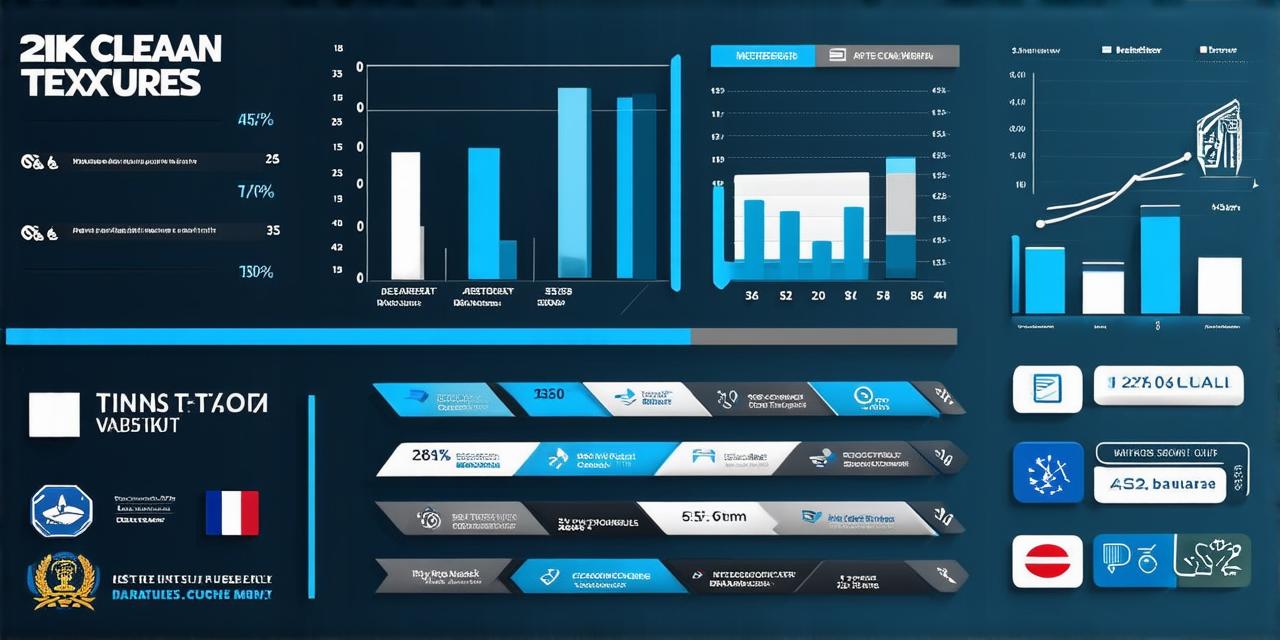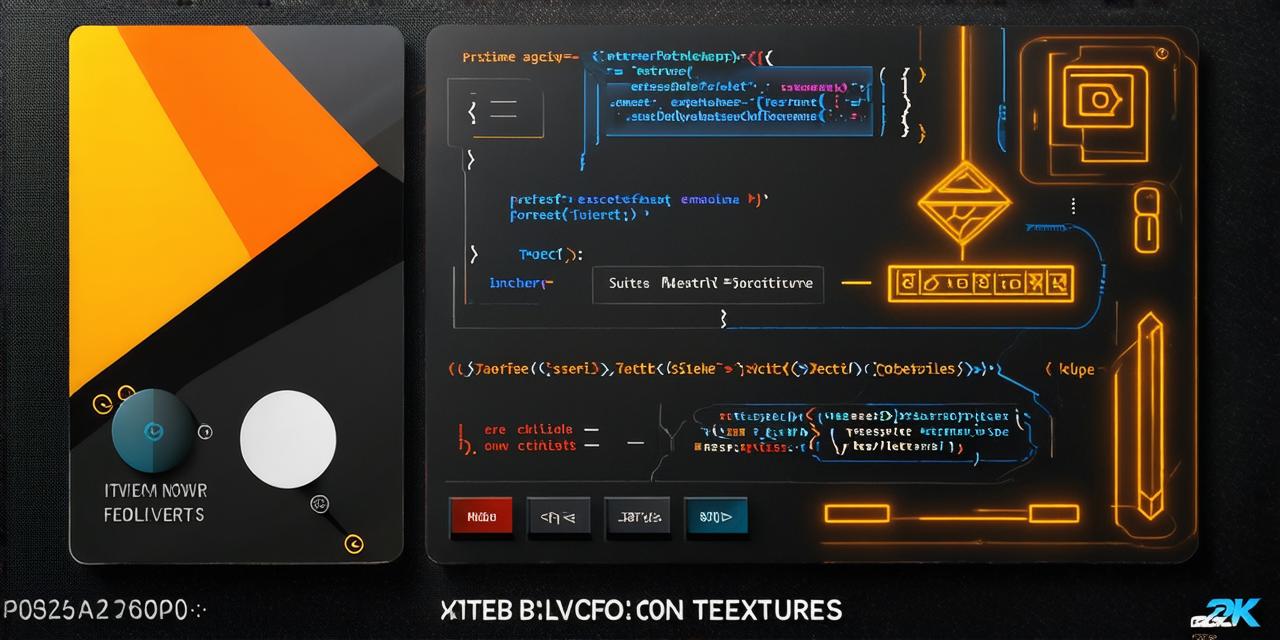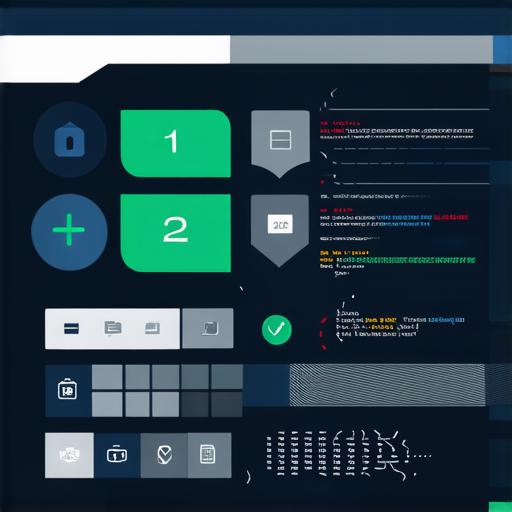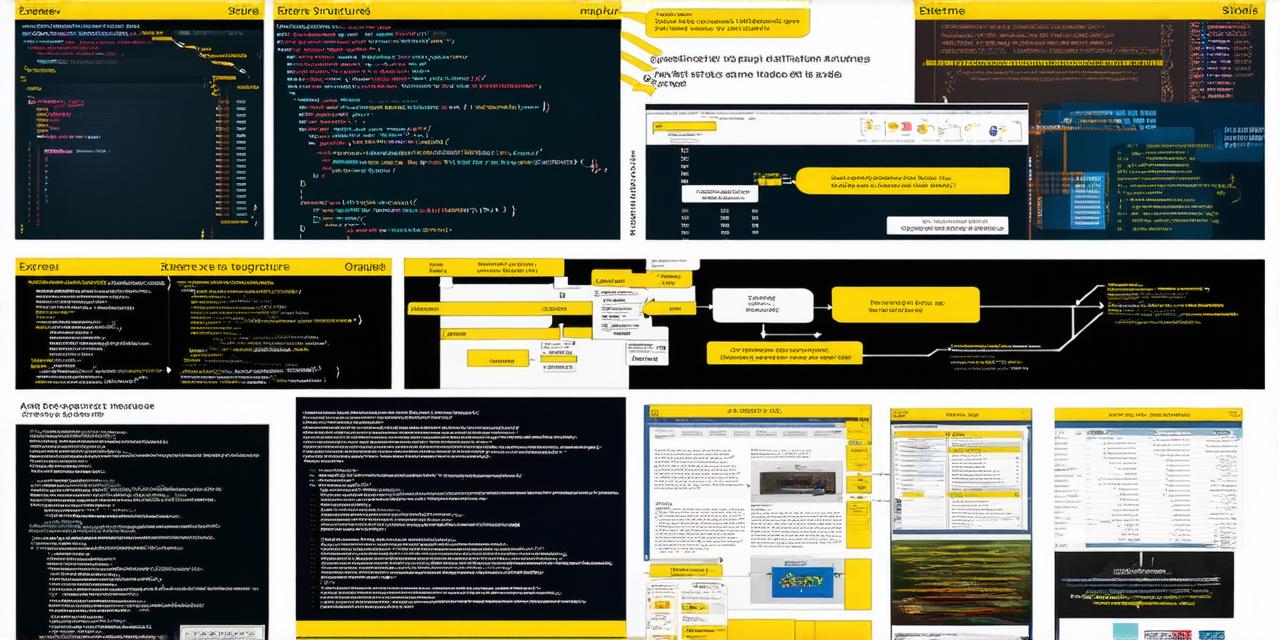
Is learning web development difficult?
Introduction
Web development, like any skill, can seem daunting at first glance. But fear not! This article aims to shed light on the accessibility of web development and debunk the myths surrounding its complexity.
The Misconception
“Web development is too difficult for me.” Sound familiar? This belief is widespread, but it’s time to challenge it.
Case Study: The Amateur Coder
Meet John, a 25-year-old with no coding experience. He decided to learn web development and, within six months, built his own website from scratch. His story is proof that anyone can master the art of web development given patience and persistence.
The Truth: Breaking Down Barriers
According to a study by Stack Overflow, 64% of developers learned coding outside of an academic setting. This statistic underscores the fact that formal education is not a prerequisite for web development.

The Learning Curve
Like any new skill, web development has a learning curve. However, with the right resources and mindset, it can be conquered. Online platforms like Codecademy, freeCodeCamp, and W3Schools offer interactive lessons that make learning enjoyable and accessible.
The Power of Persistence
“I have not failed. I’ve just found 10,000 ways that won’t work.” – Thomas A. Edison. This quote encapsulates the journey of a web developer. Persistence is key; every error is a stepping stone towards mastery.
The Rewards
The rewards of web development are numerous. From creating your own website to building apps, the possibilities are endless. Plus, it’s a high-demand skill in today’s digital world, offering lucrative career opportunities.
FAQs
-
What tools do I need to start learning web development?
-
How long does it take to learn web development?
Summary
Web development is not as difficult as many perceive it to be. With the right resources, mindset, and persistence, anyone can embark on this exciting journey.

















